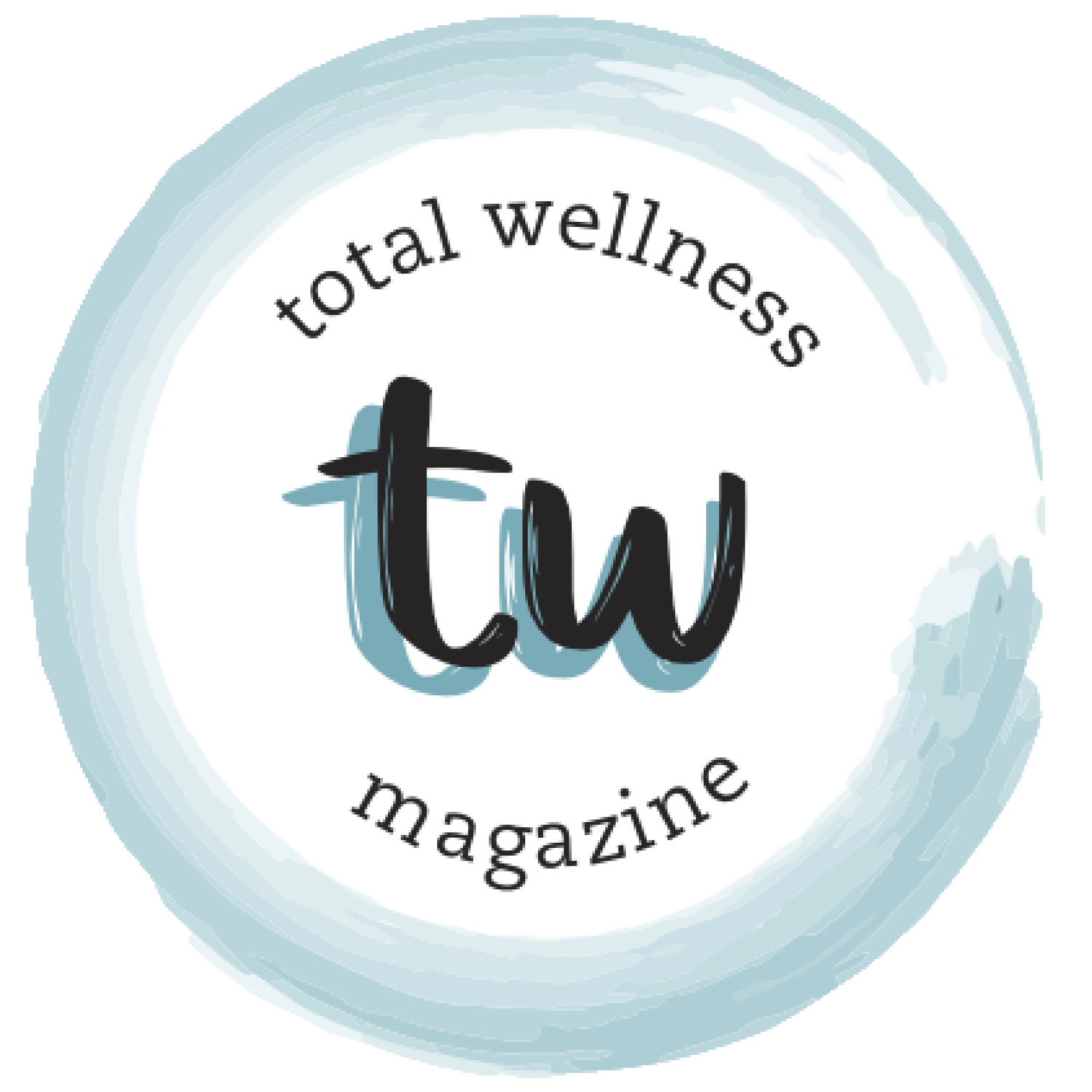Acupuncture: No Pain, No Gain?
by KIMMY CRICKETTE
Most people hear the word acupuncture and think it’s nothing more than another new-age trend where needles are stuck into the body in the hopes of getting rid of pesky aches and pains. Before I tried it, I sort of did too. Actually, though, it’s one of the oldest practices in the world, and has been studied and documented for thousands of years. Below is a bit of background, as well as corrections to some common misconceptions.
What is Acupuncture?
Background
It’s a legitimate, full-body medical treatment that focuses on returning the body’s energy to a balanced state. Needles are placed in specific points on the body, depending on the patient’s concern or treatment direction. Some points on the body are more sensitive than others, so sometimes placing the needs will hurt a little bit, but other times it is unnoticeable.
In the medical world
Licensed acupuncturists can legally be one’s primary care provider, and sometimes insurance covers the sessions!
Uses
Since it was first adopted in China about 2,500 years ago, it has been used to diagnose, treat, and prevent a myriad of diseases, but also to improve overall wellbeing. The practice has been shown to successfully treat fibromyalgia, migraines, rheumatoid arthritis, digestive issues, and infertility, improve addiction and fatigue, and treat anxiety, depression, and PTSD. [1]
Acupuncture’s Effects are Actually Backed up by Science
Research over the past 30 years has shown that acupuncture stimulates nerve endings in the brain and spinal cord, releasing opioids and serotonin, the feel-good neurotransmitters. [2] There are a few theories as to how acupuncture provides the effects it does, but all theories agree that it is, in fact, a legitimate process.
Biochemical (Western theory)
Acupuncture serves to calibrate the body by bringing the parasympathetic and autonomic nervous systems back to homeostasis, according to a 2014 study published in the Journal of Acupuncture and Meridian Studies. [3] The needles stimulate nervous system reflexes, thereby increasing blood flow and facilitating healing. Additionally, acupuncture may cause the release of various neurotransmitters involved in pain regulation and emotional states.
Spiritual (Ancient Eastern philosophy)
Each organ is believed to be connected to all other systems in the body. [4] Energy called qi (kee) flows through the 20 meridians of the body, and illness results when this energy is blocked or interrupted. Acupuncture targets specific meridians in order to restore the flow of qi, thereby causing the return to order and optimal health.
My Experience
I had no idea what to expect from my first acupuncture appointment, and honestly was a bit skeptical, but I became intrigued when I learned that my acupuncturist had a PhD. in acupuncture and Eastern Medicine! Before beginning the treatment, she spoke with me at length about the intake form I had completed, and the endocrine disorder symptoms I was most hoping to focus on during the session. She then examined me, checking my pulse, neck, and throat. Finally, she began placing the needles, explaining to me that different areas of the body are optimal for different effects, and that for best results it is preferable to continue the sessions regularly. I was left alone for about 45 minutes, during which I fell into a deeply relaxed state, almost as if I were floating on water. When she returned, I felt as if I had just come out of a wonderful massage. For the next two days, I noticed that the anxiety, restlessness, temperature sensitivity, tremors, and fatigue I had entered her office with had drastically decreased...coincidence? Even as an initial non-believer, I think not!
Acupuncture may not be the most effective medical procedure, but its effects are shown to be significantly better than no treatment. However, it all depends on each person’s preference and readiness for the experience. Some may not be fond of needles or apprehensive of the outcome. That being said, I was thoroughly impressed by my enjoyable and successful experience, and I highly recommend it!
References ▾
- “Acupuncture.” drweil.com. 2016.
- “Acupuncture is Grounded in Science, not Myth and Magic.” medicalnewstoday.com. 2009.
- “Neurobiological Mechanisms of Acupuncture for Some Common Illnesses: A Clinician’s Perspective.” J Acupunct Merid Stud. 2014.
- “The ABCs of Traditional Chinese Medicine and Acupuncture.” acupuncturetoday.com. 2017.






